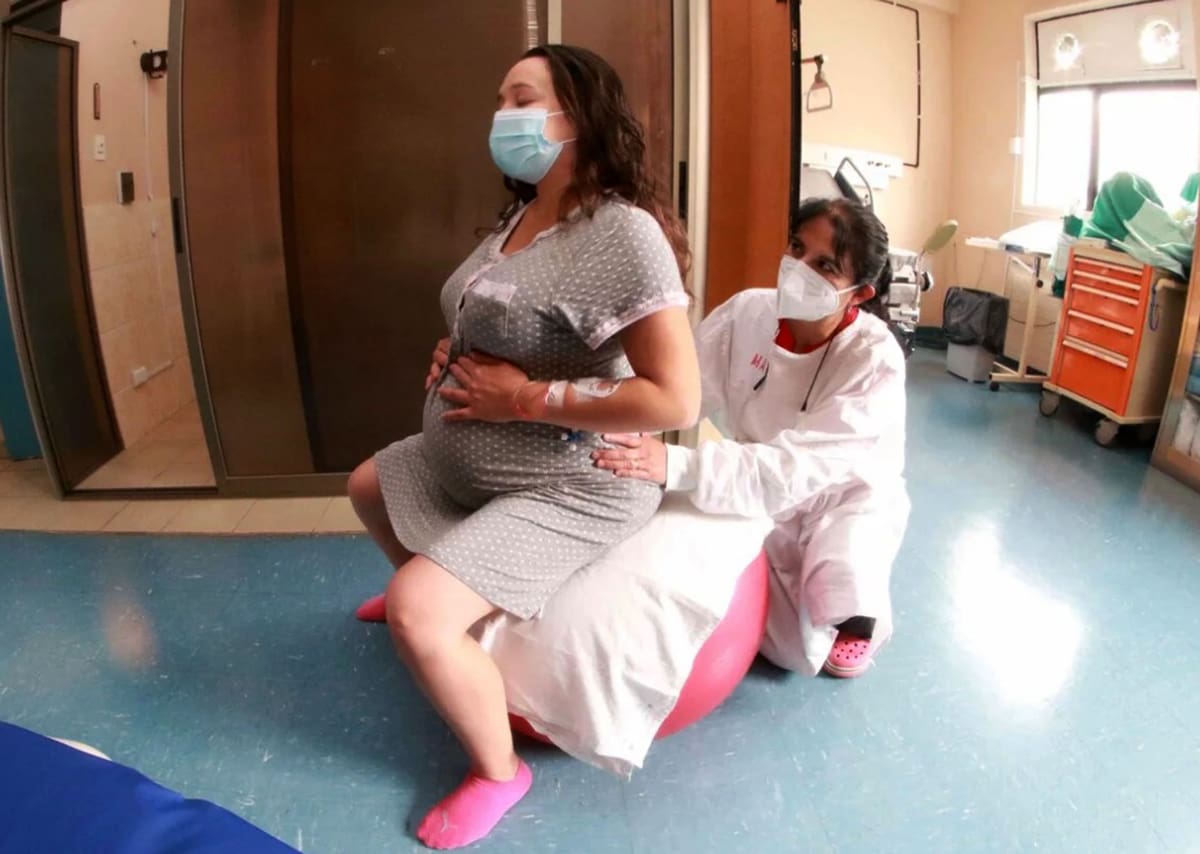Why midwifery for maternal health requires a joint effort
Midwifery has a long tradition in Mexico's communities; it is increasingly practiced by women in urban areas. Maternal mortality in the country, which stands at 33.2 deaths per 100,000 estimated births, urgently needs to be reduced.





